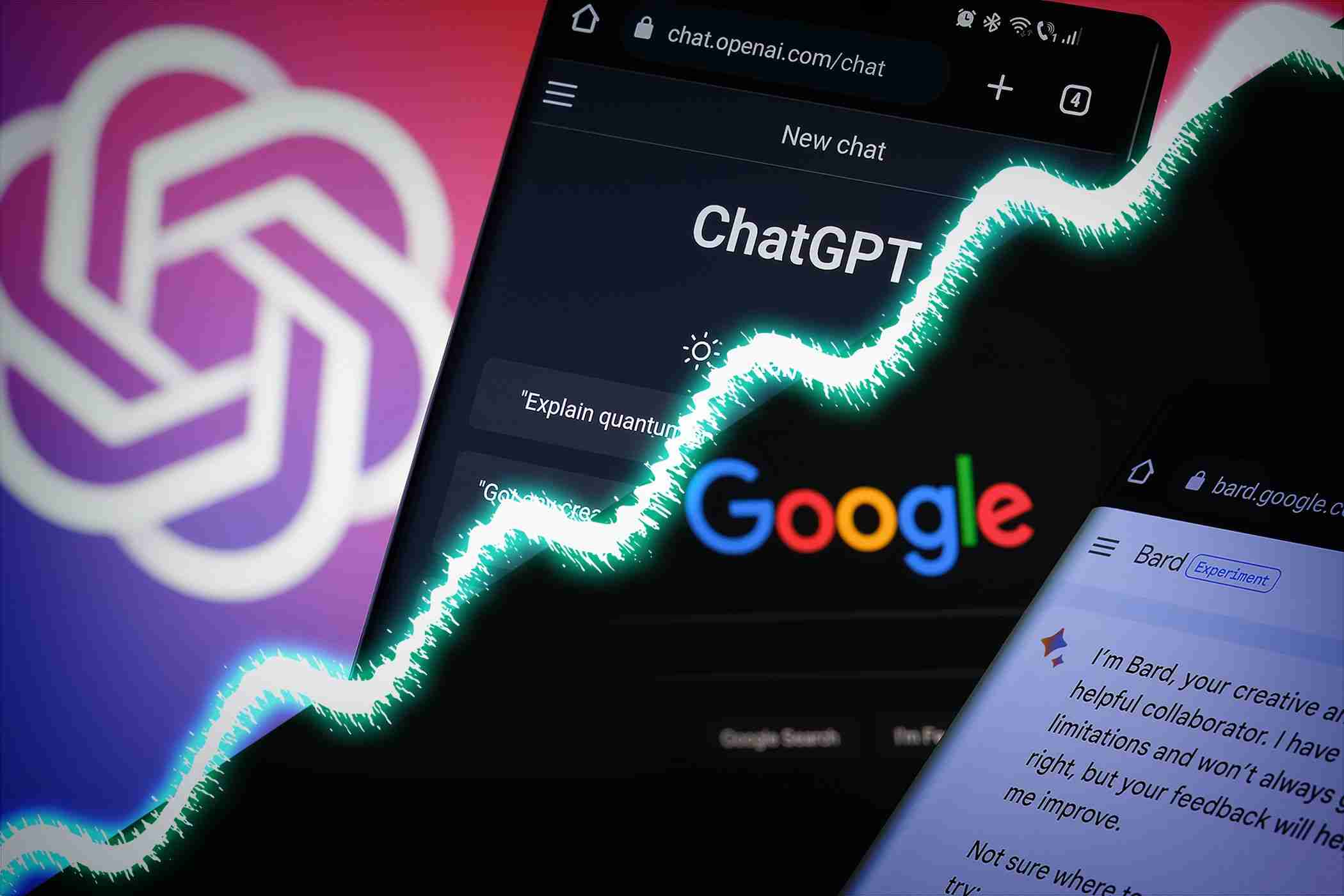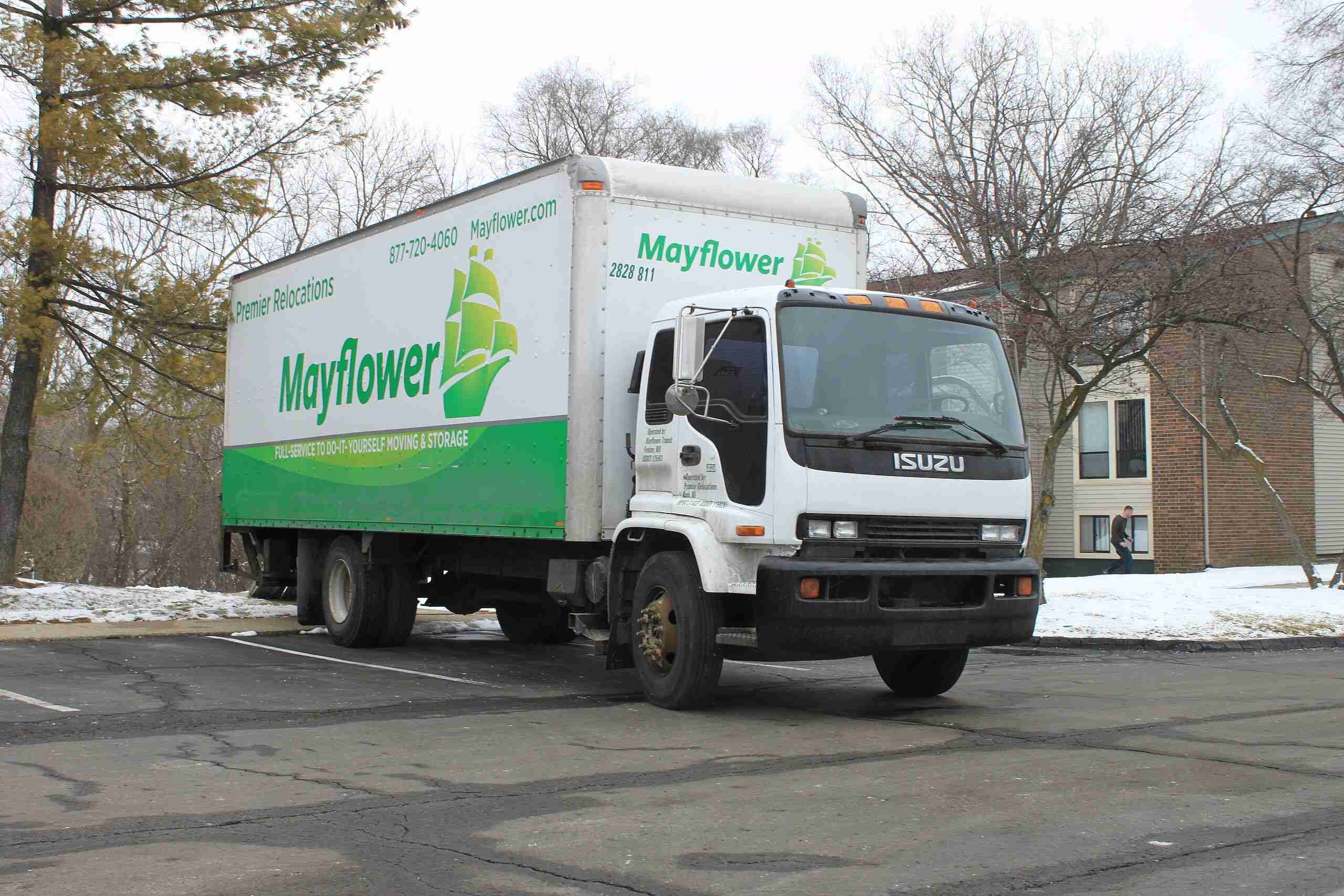
Everywhere you look, there’s some new AI tool promising to make life easier—from AI assistants that plan your schedule to AI that crafts messages on your behalf. But as much as I welcome technology, there are certain things I can’t imagine leaving in the hands of an AI tool.
✕ Remove Ads
Ethics is one of those gray areas where AI, no matter how well programmed, just doesn’t cut it for me. Ethical decisions aren’t about black-and-white logic; they involve nuance, empathy, and sometimes gut feelings. When faced with a tough choice—whether to bend a rule, prioritize one person’s needs over another’s, or decide what “the right thing” really is—an AI lacks the lived experiences and values that help shape those calls.
For instance, if I’m deciding between supporting a friend's difficult decision or challenging them to rethink it, AI would likely look at facts, statistics, or trends. However, ethics are deeply personal, often influenced by experience, personal beliefs, and intuition that only come from being human. It's not something I can leave to an algorithm, no matter how well-trained it is.
✕ Remove Ads
Romance and relationships are deeply personal, often irrational, and filled with subtleties that AI can’t grasp. Love isn’t just about compatibility metrics or calculated risks—it’s messy, unpredictable, and emotional. While AI can provide general relationship advice based on data or suggest date ideas, it can’t understand the nuances that make each relationship unique. For me, part of the beauty in love is the uncertainty and the journey of figuring things out together with someone else, not following a script or algorithm.
✕ Remove AdsImagine trusting an AI to help decide whether to continue dating someone or how to handle a delicate argument. An algorithm might recognize patterns or offer “standard” advice, but it can’t empathize or know my history with a person or the subtleties of our connection. Love and relationships require self-reflection, compromise, and understanding of human emotions—all things AI doesn’t possess.
My love life is something to be navigated through my own experiences and instincts. It's those human missteps, awkward moments, and unexpected sparks that make relationships memorable, not something I’d want distilled down to a calculated suggestion from a machine.
 ✕ Remove Ads
✕ Remove Ads Parenting is one of those areas that’s all about intuition, patience, and an unbreakable emotional connection. AI might have access to an endless stream of parenting data and advice, but it can’t truly know my child, nor can it grasp the countless small details that make each child unique. Every decision I make as a parent, from guiding my child’s behavior to supporting their interests, is based on who they are, not just generalized information.
For instance, consider a moment when a child is upset over something that might seem trivial to an outsider. An AI could suggest standard solutions, but it wouldn't understand my child's specific sensitivity or personality quirks. Sometimes, the best approach isn’t logical—it’s purely empathetic, where a parent knows when to give space, hug, and talk things out.
✕ Remove AdsTrusting AI for career guidance feels like a step too far. For AI to give useful advice, it needs enough context to understand my specific situation. But in a professional setting, much of that information is confidential or personal, not something I’d want to share with a machine. Giving AI access to my workplace dilemmas, career goals, or interpersonal dynamics at the office feels risky—there’s no guarantee that data stays private or won’t be misused.
For example, if I’m grappling with a tough situation involving team conflicts or considering a change in my role, AI can offer general advice. But without knowing all the details—and these are details I shouldn’t be sharing with an AI—I doubt it would truly understand the nuances.
And even if AI could somehow process all that, it still wouldn’t have the instincts that a good mentor or colleague brings. A machine might suggest a calculated “next step,” but it wouldn’t know the nuances of timing or the people involved.
✕ Remove Ads
When I write to friends and family, I draw on shared experiences, inside jokes, and little details that only the two of us would understand. It’s not something an algorithm could replicate.
Imagine using an AI writing tool to draft a birthday letter to a friend. Sure, it might pick up on general sentiments like “hope you have a wonderful year ahead,” but it wouldn’t know the specifics of our friendship or remember that one time we laughed until we cried over a silly joke. This is one of the reasons I'm skeptical of using AI even for writing emails.
A distinct warmth and authenticity come from writing something yourself, knowing that every word reflects your thoughts and feelings, not some machine-generated template.
✕ Remove AdsThis one feels especially personal. When it comes to staying connected with friends, there’s no way I’d hand over my conversations to AI. Doing that defeats the entire point of messaging them in the first place. To me, at least.
Having an AI message my friends for me is like having someone take my ice cream for me. I chat with my friends because I enjoy doing so, not because I have to. If I ever feel like I need AI to chat with a friend, I'm more likely to take that as a sign not to text them than a cue to use AI.
 ✕ Remove Ads
✕ Remove Ads Big life decisions—changing careers, moving to a new city, or ending a relationship—are filled with complexities, emotions, and reflections that can’t be reduced to data points. AI might be able to analyze trends, compare outcomes, and show me what others in similar situations have done, but it can’t feel or understand what I truly want. These are decisions where I rely heavily on my gut instinct, values, and the insights I’ve gathered from my own experiences.
Imagine AI advising someone on whether to move to a new city where they don’t know anyone. Sure, it could pull up cost-of-living data, job prospects, and even weather patterns, but it wouldn’t understand the emotional aspect (even though it may pretend it does) of leaving behind close friends, family, and familiar places. Major life choices like relocating involve feelings of excitement, fear, and sometimes even homesickness—factors that can’t be calculated or fully understood by a machine. I'd rather weigh the risks and decide for myself.
✕ Remove AdsThere’s a lot AI can do, and it’s impressive in many ways. But for some things, the value comes from human touch, instincts, and personality that AI doesn't have. It’s not that AI isn’t useful; it’s just that for these deeply personal aspects of life, I prefer to keep things human.
The above is the detailed content of I'll Never Trust AI to Do These 7 Things for Me. For more information, please follow other related articles on the PHP Chinese website!




